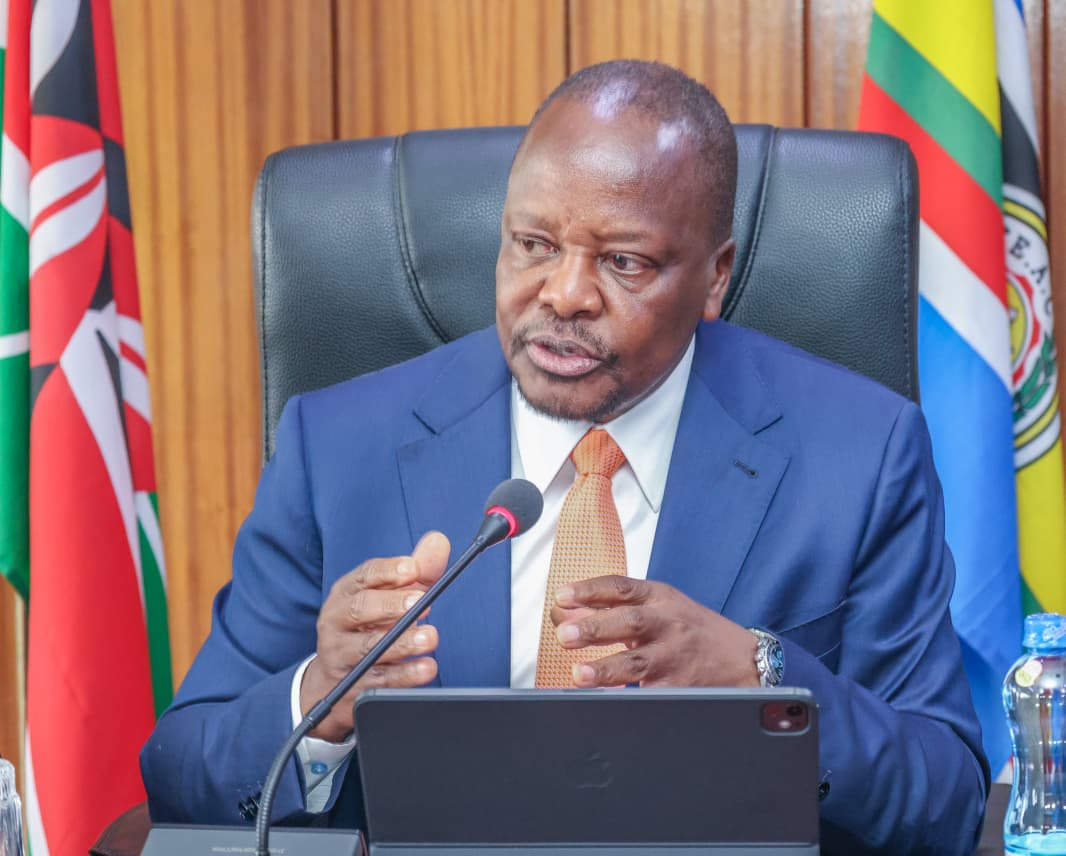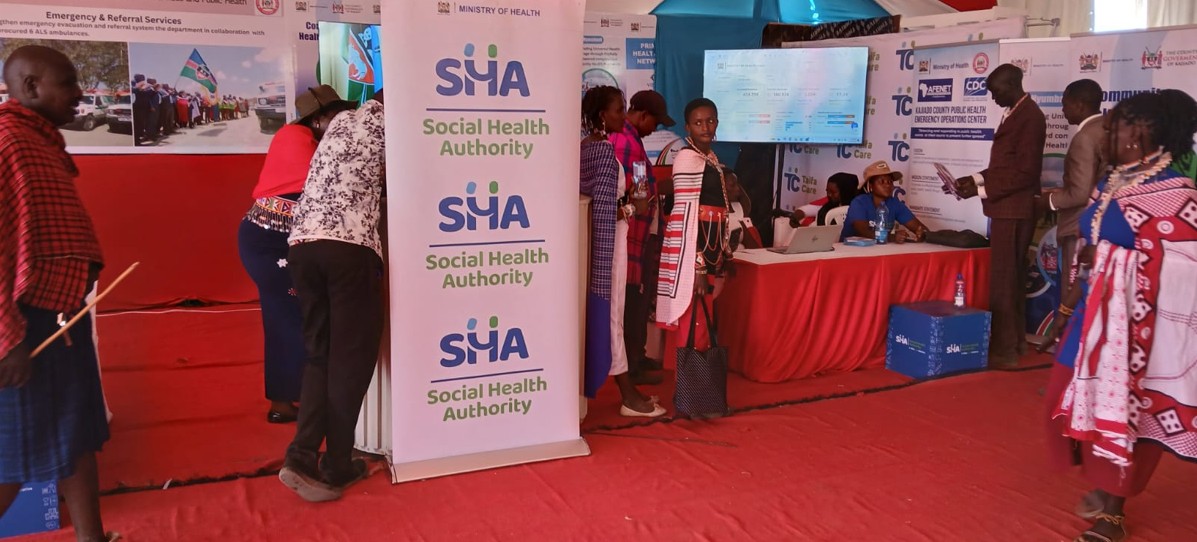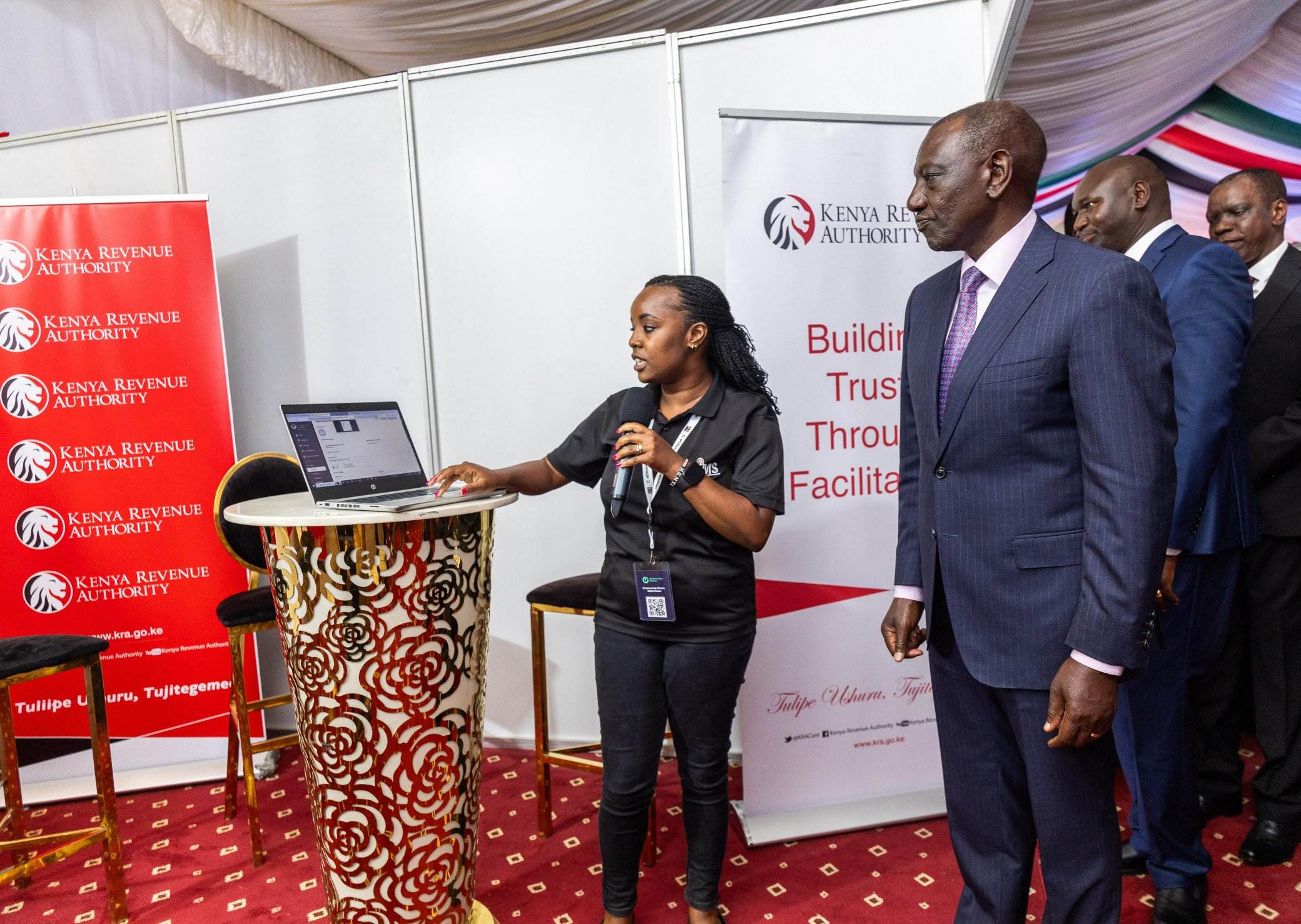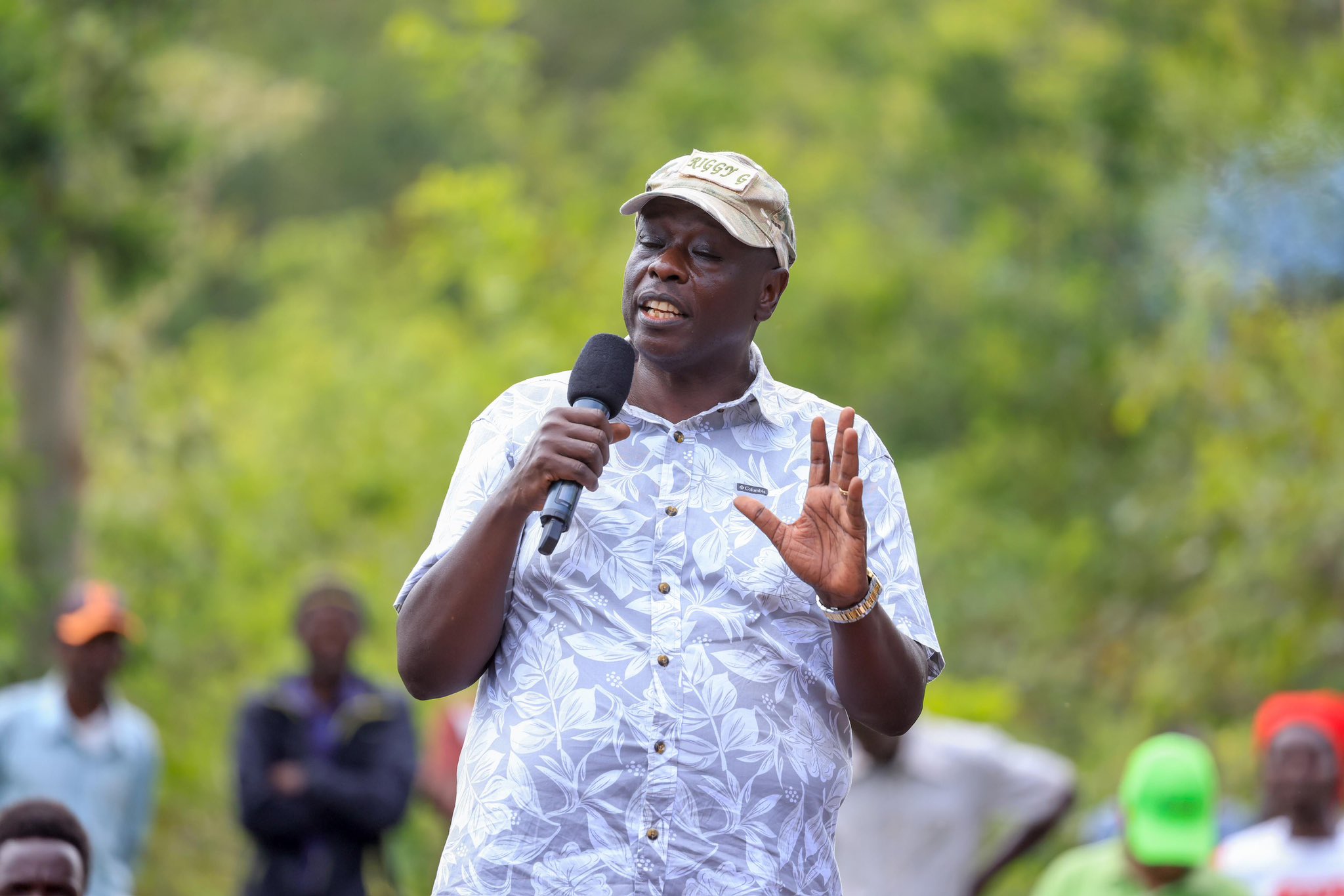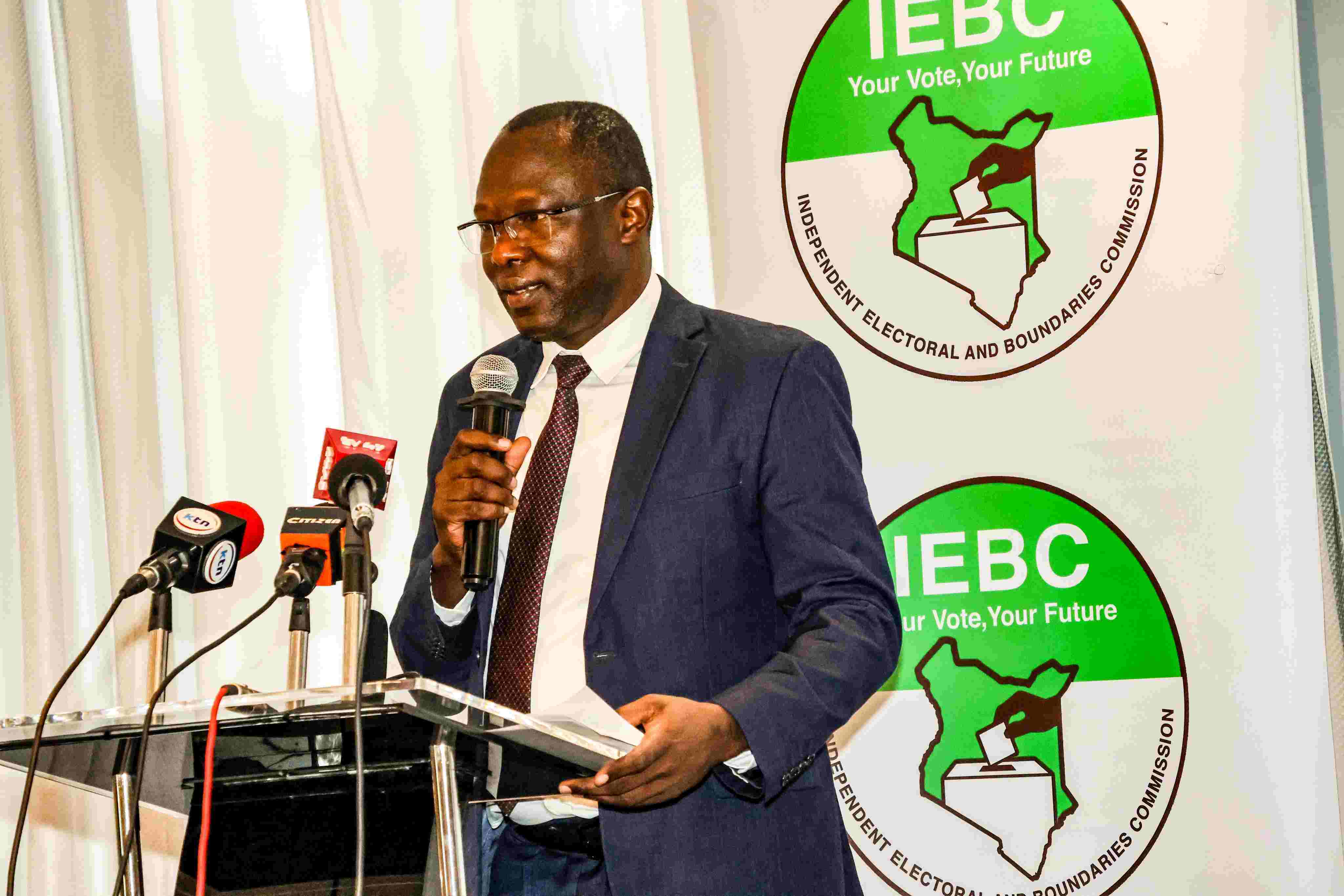Pope Francis remains critical and has 'slight' kidney issue, Vatican says
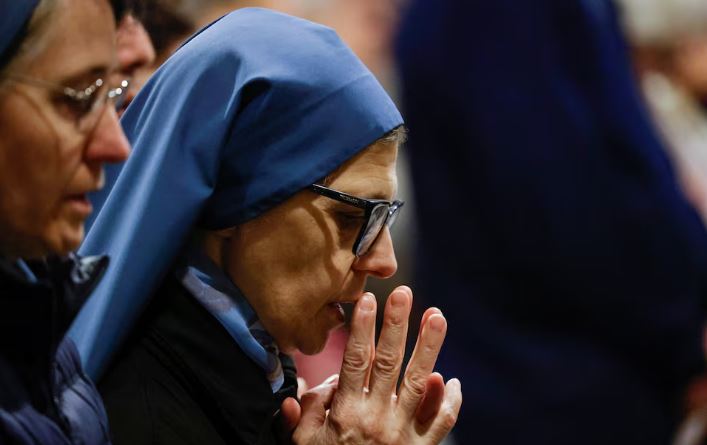
Outside Gemelli hospital, people gathered to pray near a statue of the late Pope John Paul II, who was treated at the facility many times during his long papacy.
Pope Francis, who is battling double pneumonia, remains in a critical condition for a second day running and has shown an "initial, slight insufficiency" in his kidney function, the Vatican said on Sunday.
The prognosis for the 88-year-old pope, who required a transfusion of two units of blood on Saturday after experiencing a "prolonged asthma-like respiratory crisis," remains "guarded", according to the latest medical update.
More To Read
- Construction dust, delayed care and deadly myths: Pneumonia’s silent assault on Kenyan men
- Pope Leo warns leaders about pitfalls of AI
- Pope Leo XIV signals vision for peace, social justice and tradition in first public moments
- Cardinal Robert Prevost elected as Pope Leo XIV
- White smoke appears from chimney of Sistine Chapel, signals new pope elected
- Black smoke signals no pope elected at first vote, next round of voting on Thursday
Francis was admitted to Rome's Gemelli hospital on February 14. The Vatican first described his condition as critical on Saturday.
"The condition of the Holy Father remains critical; however, since last night he has not experienced further respiratory crises," the Vatican said on Sunday.
Blood tests also indicated "an initial, slight renal insufficiency, which is currently under control," it said, referring to the functioning of the kidneys, which filter waste products in the blood.
"The complexity of the clinical picture, and the necessary wait for the pharmacological therapies to show some effect, require that the prognosis remains guarded," said the statement.
'Alert and well-oriented'
The statement described the pope as "alert and well-oriented" and said he was receiving "high-flow oxygen therapy" through a tube under his nose.
Double pneumonia is a serious infection that can inflame and scar both lungs, making it difficult to breathe. The Vatican has described the pope's infection as "complex", saying it is being caused by two or more microorganisms.
Francis, who has been pope since 2013, has suffered bouts of ill health in the past two years. He is particularly prone to lung infections because he developed pleurisy as a young adult and had part of one lung removed.
The Vatican said on Saturday the pope had needed the blood transfusions because tests showed he had a low platelet count, which is associated with anaemia. Platelets are cell fragments in the blood that form clots and stop or prevent bleeding.
On Sunday, the Vatican said the transfusion had shown benefits and resulted in an increase in the pope's levels of haemoglobin, a protein that helps carry oxygen in the body. It also said his platelet levels had remained stable.
Concern for the pope
Near the Vatican, pilgrims expressed concern for the pope.
"I am very, very sad," said Elvira Romana, from Italy. "I don't know how you can continue normally at this moment."
Matteo Licari, from Sardinia, said he was "extremely worried". "Let's hope he can keep living," said Licari. "We are waiting for him to come back here."
Outside Gemelli hospital, people gathered to pray near a statue of the late Pope John Paul II, who was treated at the facility many times during his long papacy.
People left flowers and notes for Francis, and lit candles at the base of the late pope's memorial.
In a written message for his usual Sunday prayer in St. Peter's Square, which the pope was unable to read out for a second consecutive week, Francis said he was continuing "confidently" with his treatment in hospital. He thanked his doctors and people who have sent him messages of support.
Stronger, more intense prayers
Archbishop Rino Fisichella, a senior Vatican official, told participants at a Mass in St. Peter's Basilica on Sunday morning they should make their prayers for Francis "stronger and more intense".
The Diocese of Rome, which the pope leads, held a special Mass on Sunday evening to pray for Francis, so that he will have "the strength necessary to get through this moment of trial".
On Friday, two of his doctors said the pope was highly vulnerable because of his age and general frailty.
Dr Sergio Alfieri, a senior member of the Gemelli staff, said there was a risk the lung infection could spread to his bloodstream and develop into sepsis, which "could be very difficult to overcome".
Top Stories Today
